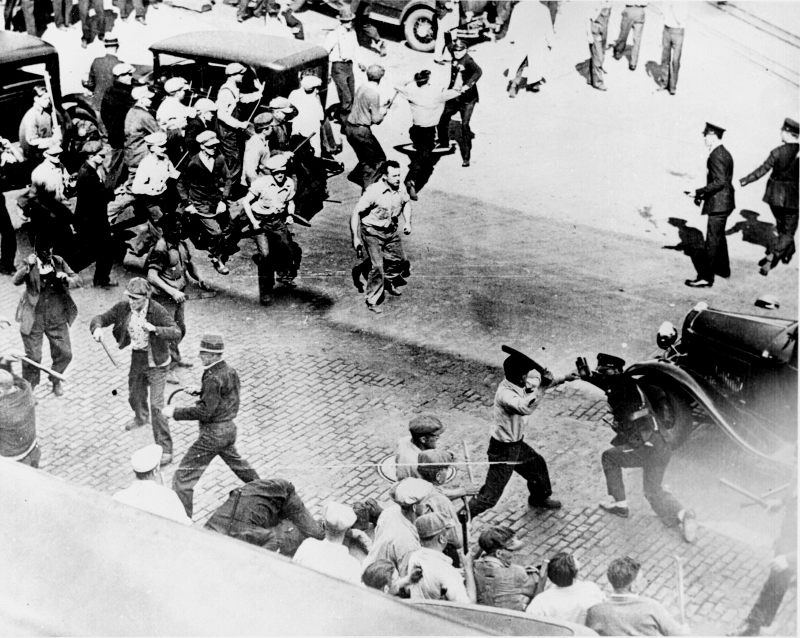So why are the developed economies in such trouble today?
Because for whatever reason, the central bank and the government have failed to take that most important first step in a sustainable recovery in the aftermath of a credit bubble: reforming and restructuring the financial system.
It is really that simple.
The imbalance that gripped the banking system, the oversized growth of financialisation through innovations in fraudulent conveyances, is still in place. The activity has just moved to other segments of the economy to feed a bloated and overpaid financial sector that largely unchanged, except that the names on their business cards may be different and fewer.
What we have now is an oversized financial bureaucracy that continues to suck the life out of the real economy which itself has decreased in size and is less able to carry on gracefully.
In those countries that have taken the necessary steps to cleanse the debt and corruption out of their banking systems and restore a balance that favors real growth rather than financial manipulation and speculation, there has been a recovery. Iceland is one recent example. The US in the 1930's is another very good example.
And almost every one of the protections that the people put in place in the 1930's, based on their sad experience in the financial collapse of the 1920's speculative bubble in fraudulent financial instruments, was struck down.
The approach of 'bailing out the banks' and then shifting the pain of economic adjustment from the bank management, shareholders, and bondholders to the public is not only unjust, it is also ineffective, because it merely perpetuates the problems and distortions that caused the banks to fail in the first place and makes them much worse.
The result of this is most likely to be a prolonged period of significant stagflation, if the country has a sovereign currency sound enough to continue on supporting it. In Japan this presented itself as a prolonged period of economic stagnation but not private deprivation for some reasons peculiar to the structure of their real economy and the nature of their political system.
So here we are. What happens next will be a policy decision.
Source.
Because for whatever reason, the central bank and the government have failed to take that most important first step in a sustainable recovery in the aftermath of a credit bubble: reforming and restructuring the financial system.
It is really that simple.
The imbalance that gripped the banking system, the oversized growth of financialisation through innovations in fraudulent conveyances, is still in place. The activity has just moved to other segments of the economy to feed a bloated and overpaid financial sector that largely unchanged, except that the names on their business cards may be different and fewer.
What we have now is an oversized financial bureaucracy that continues to suck the life out of the real economy which itself has decreased in size and is less able to carry on gracefully.
In those countries that have taken the necessary steps to cleanse the debt and corruption out of their banking systems and restore a balance that favors real growth rather than financial manipulation and speculation, there has been a recovery. Iceland is one recent example. The US in the 1930's is another very good example.
And almost every one of the protections that the people put in place in the 1930's, based on their sad experience in the financial collapse of the 1920's speculative bubble in fraudulent financial instruments, was struck down.
The approach of 'bailing out the banks' and then shifting the pain of economic adjustment from the bank management, shareholders, and bondholders to the public is not only unjust, it is also ineffective, because it merely perpetuates the problems and distortions that caused the banks to fail in the first place and makes them much worse.
The result of this is most likely to be a prolonged period of significant stagflation, if the country has a sovereign currency sound enough to continue on supporting it. In Japan this presented itself as a prolonged period of economic stagnation but not private deprivation for some reasons peculiar to the structure of their real economy and the nature of their political system.
So here we are. What happens next will be a policy decision.
Source.





